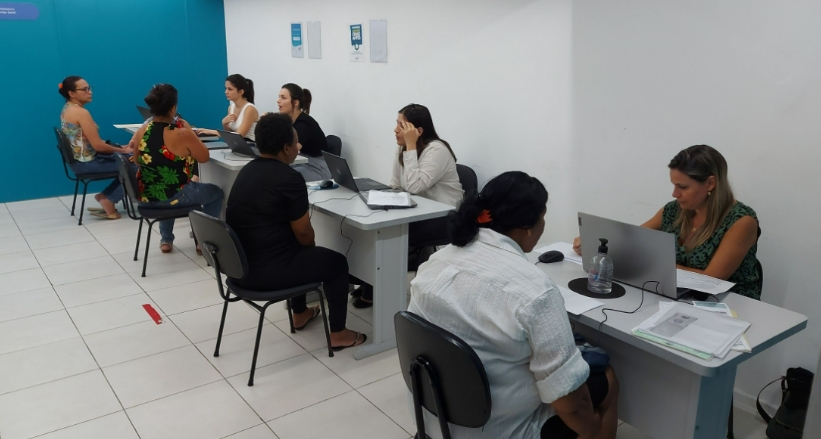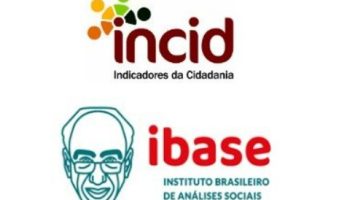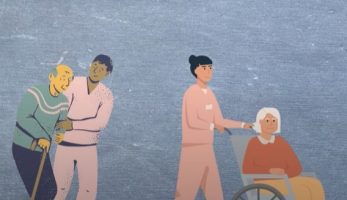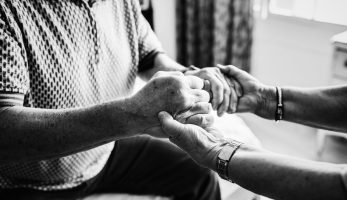Citizenship: information is the first step towards social inclusion
By Katiane Kelle Alves de Lima, social worker at the Dara Institute
More than just guiding families on their access to rights, the Citizenship team also works towards increasing their autonomy
The journey in search of and access to guarantee rights needs to be intersectoral. Most of the families served by the Dara Institute discover that they actually can access spaces, public policies, programs and government benefits, be it an income transfer program, transportation assistance, or medication.
Having access to information is the first step towards ensuring social inclusion — and here at Dara we are always attentive, welcoming and willing to guide on this journey. When a family with a very low income accesses the benefits of one of the government’s income transfer programs, it guarantees the minimum to survive. This is the first step, but it cannot be the only one.
At the Dara Institute, we work to rescue the citizenship of these families, so that they become autonomous and capable of going it alone. Guidance is provided both individually and in groups, in conversation circles at Projeto Aconchego, a space for strengthening family and community ties. It is a time both to speak and to listen. In addition to information about benefits, the work we do encourages people to exercise citizenship and offers citizen training. Enabling access opens up a range of opportunities for families to move into new spaces, claim rights and be aware of their duties.
Citizenship is an integral part of the history of human rights, of struggles to consolidate ethical values, such as equality, freedom, dignity, the legal protection of rights, formalization of work and workers, democracy and justice.
Within this context, it is worth highlighting the important role of Social Work, a profession that acts directly in the context of the consolidation of rights, being committed to the fight for recognised citizenship. The social work professional must always seek alternative actions, building new paths, in the sense of expanding the families’ capacity to create new possibilities and their recognition as a subject endowed with rights and to strengthen their autonomy.
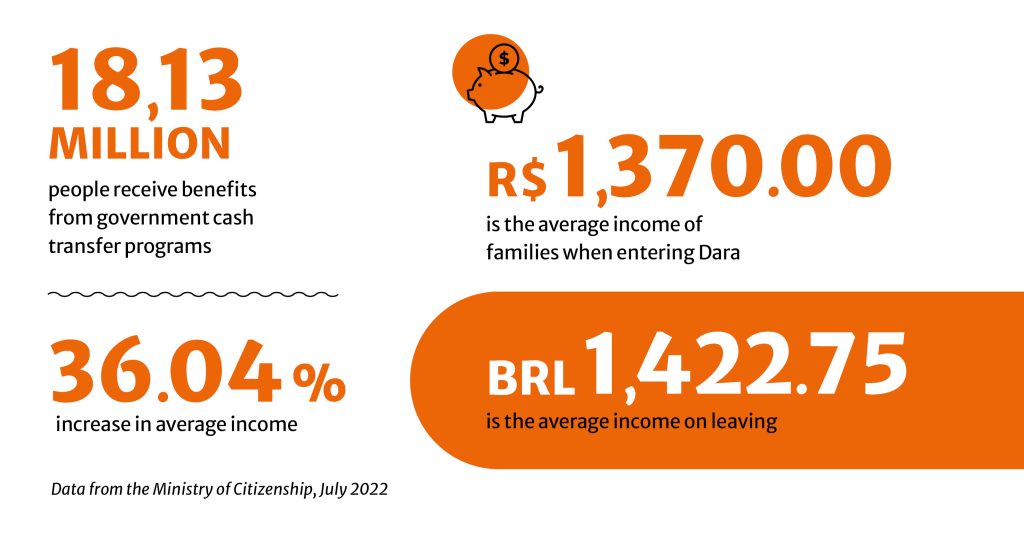
Well-informed and empowered, families tread autonomous paths to achieve a new—and better—perspective on life for themselves and their children. This strengthening process takes place gradually over the period in which the family is helped by Dara, which is generally two years. During this period, we evaluate, together, how the process is going, if there are ways and means that need to be corrected in order to achieve all the goals that we established together in the Family Action Plan (PAF).
When we ring the bell, the symbology that we have at the moment of ending a family’s journey with us, it’s as if they are affirming to themselves that they are ready to move on, with significantly more autonomy, information, and understanding their rights and duties – ready to rewrite their stories.
Array